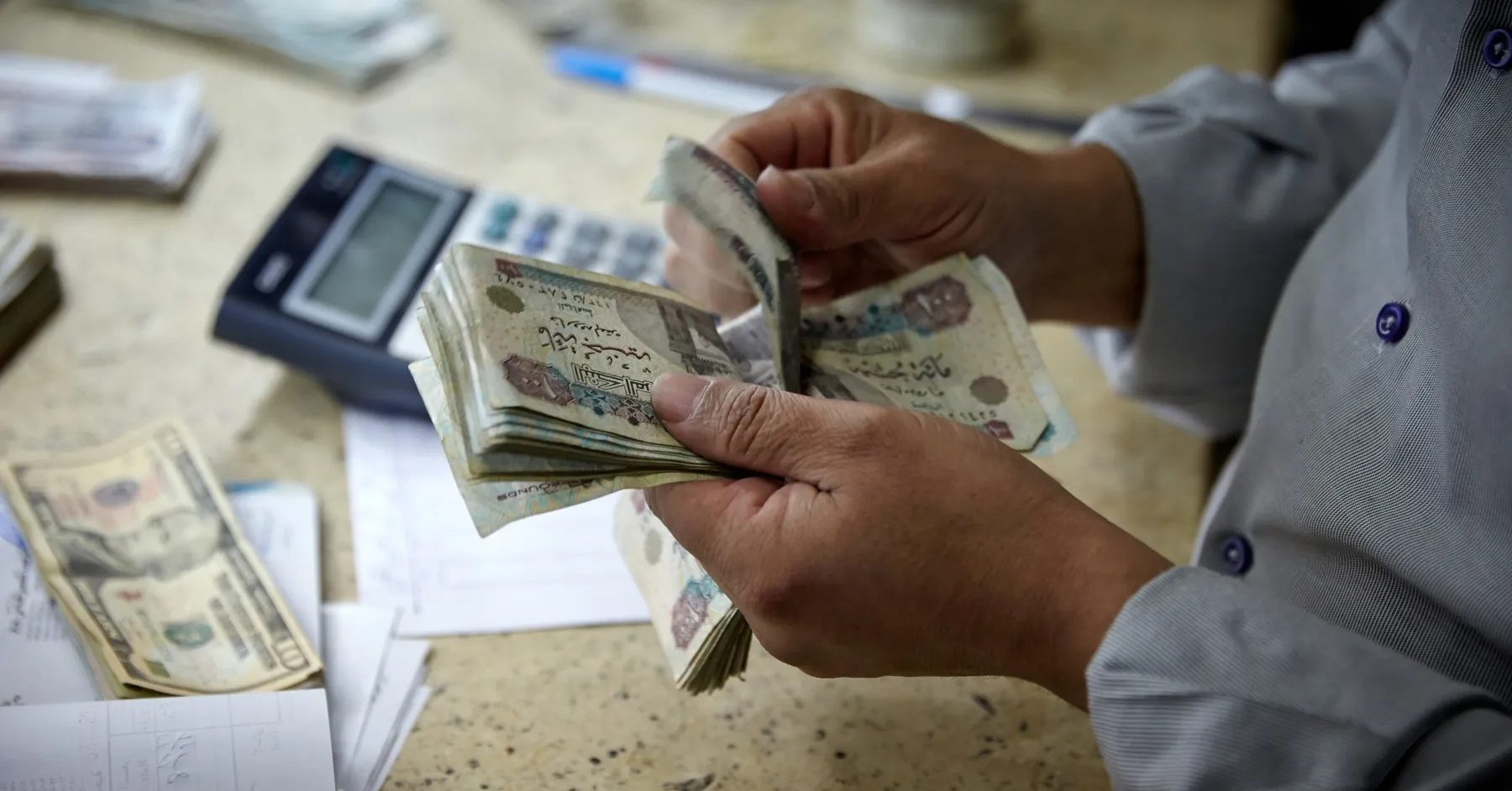For years, foreign capital has poured into Egypt in waves, lured by high interest rates and government bonds promising quick returns. Foreign capital, often dubbed “hot money,” has become a double-edged sword in Egypt’s economic playbook, as the country faces repeated currency devaluations and surging inflation. “Hot money” describes the rapid movement of capital across international borders in pursuit of quick profits, often through investments in high-yield bonds, securities, and treasury bills. Unlike long-term investments, this capital is not anchored in physical assets or enduring projects and does not contribute meaningfully to a country’s economic development. One of the limited merits of hot money lies in its capacity to deliver dollar liquidity, especially to economies willing to exchange elevated interest rates for capital inflows. After the 2016 flotation of the pound, which saw the currency fall from around 8 to 18 per dollar, Egypt sought to attract this kind of investment to ease the strain of a widening budget deficit. As interest rates rose sharply, the Egyptian government issued debt through treasury bills and bonds, with high returns, tax exemptions, and minimal restrictions on trading or withdrawal, allowing investors to…
Understanding Egypt’s Approach to Hot Money and Economic Stability
May 6, 2025
By Nadine Tag
Journalist



